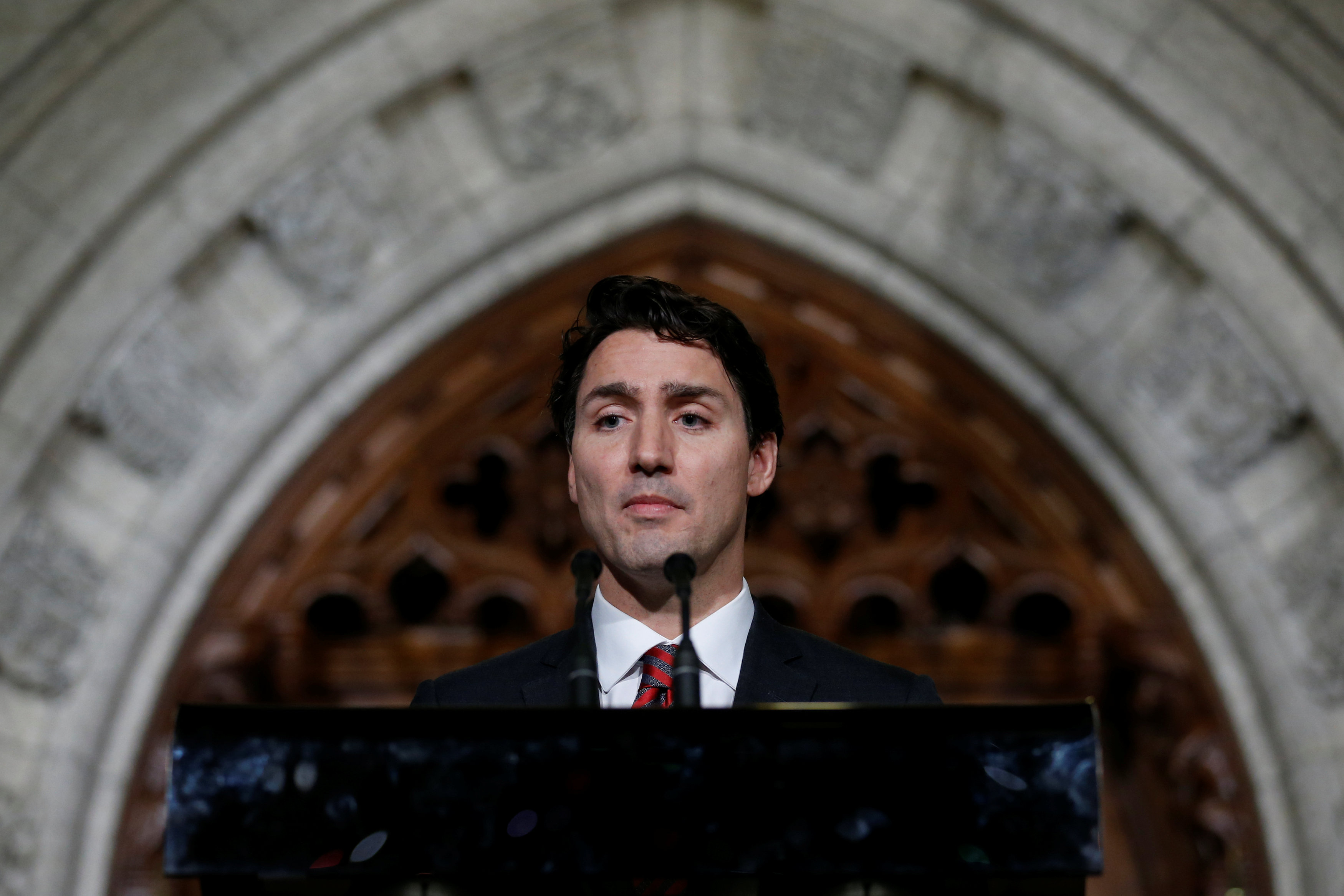Trudeau bans future oil, gas activity in Canadian Arctic

Canada and the United States have announced sweeping measures aimed at restricting most oil and gas permitting off their respective Arctic waters, the countries’ leaders announced Dec. 20 in a joint statement.
Following the creation of the U.S.-Canada shared Arctic leadership earlier this year, Prime Minister Justin Trudeau has now committed to designating all Canadian Arctic waters as “indefinitely off limits” to future offshore Arctic oil and gas licensing.
That policy is to be reviewed every five years, the prime minister’s office said Dec. 20.
For its part, the U.S. is designating most U.S. waters in the Chukchi and Beaufort Seas off limits to oil and gas leasing, President Barack Obama announced in the joint statement.
At the launch of the Shared Arctic leadership model, both leaders affirmed goals to protect at least 17 per cent of Arctic land areas from development and 10 per cent of marine areas by 2020.
At the same event, Obama and Trudeau pledged to build a sustainable Arctic economy, one that meets high environmental standards and respects the livelihood of its Indigenous population.
To that end, the Canadian government says it will develop a new Arctic policy framework, including an Inuit-specific component “as Inuit Nunangat comprises over a third of Canada’s land mass and over half of Canada’s coast line, and as Inuit modern treaties govern this jurisdictional space.”
The framework will include priority areas, the statement said, such as infrastructure, education and economic development and the environment—namely, the “last ice area” where summer ice remains each year.
Canada also reiterated its plans to reduce the reliance of northern communities on diesel by investing in renewable power.
Some other points of interest from the Dec. 20 statement:
• Canada and the U.S. will work to establish policies for ships operating in Arctic waters, to maintain low impact corridors;
• U.S. and Canadian coast guards will hold consultations to develop plans to phase down the use of heavy fuel oils in 2017;
• Canada says it will work with northern and Indigenous communities to build world-leading and abundant Arctic fisheries, based on science; and,
• Canada and the U.S. commit to a legally-binding agreement to prevent unregulated commercial fisheries in the Arctic High Seas until a internationally-recognized management plan, currently in the works, is in place.
Over the last year, the U.S. and Canada say they’ve consulted widely on Arctic issues, in the process finding “a strong desire for real and long-term opportunities to build strong families, communities and robust economics,” the statement said.
“Together, these actions set the stage for deeper partnerships with other Arctic nations, including through the Arctic Council.”
It’s unclear, however, if Obama’s commitments will hold under a new Trump administration and Republican-controlled Congress next year.
You can read the full statement here.